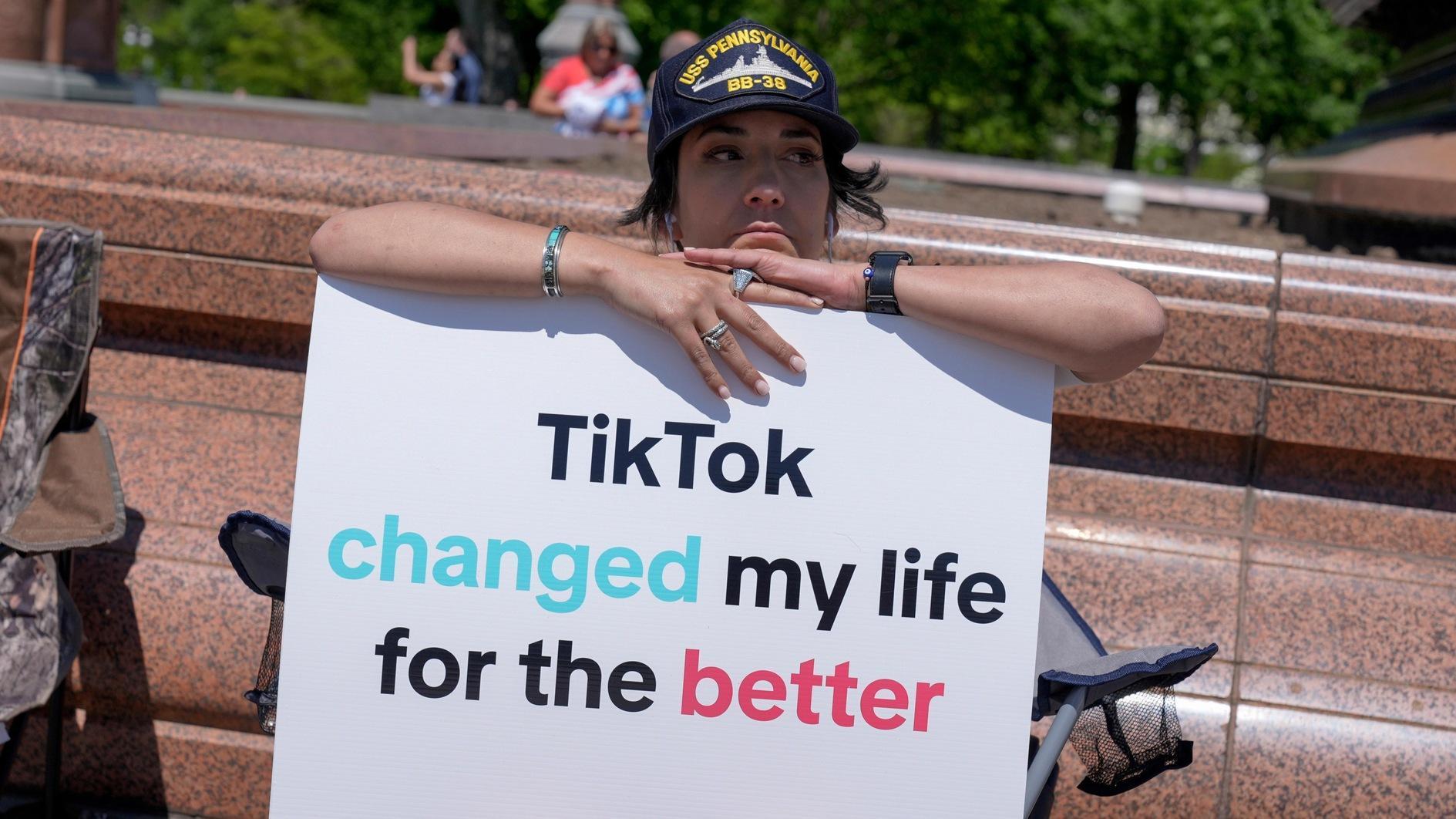It’s not enough for Turkey to be popular with the third world
Ahead of last week’s vote for a non-permanent seat at the United Nations Security Council (UNSC), Turkish envoys in African and Asian capitals were telling me how Turkey continued to be popular in the countries where they were on duty. But one of them rightly made the point about the difference between being popular with third world countries and being influential with the “first league” of countries.
Indeed, Turkey continues to enjoy popularity in third world countries, despite the erosion of its international image due to internal and regional developments. The fact that Turkey gives the impression of a country sliding into authoritarianism, where corruption allegations are covered up, where peaceful demonstrations are brutally oppressed, and where Kurdish unrest makes itself felt at periodic intervals, does not seem to affect the respect and admiration that Ankara enjoys in the third world.
Unfortunately, being popular with third world countries does not move “the world.” It is still the first league of countries that sets the course of international developments.
One of the striking examples of how being popular is not enough to achieve certain outcomes is the case of Turkey challenging Israel’s embargo on Gaza. In September 2011, Turkey decided to implement sanctions against Israel, after the latter attacked a ship taking humanitarian aid to Gaza and left nine Turks dead. Turkey’s action came after the release of a U.N.-commissioned report on the incident, the content of which did not satisfy Ankara. Among other measures, then-Foreign Minister Ahmet Davutoğlu said Turkey would mobilize the U.N. General Assembly to take the Gaza blockade to the International Court of Justice (ICJ).
It has been three years since then, and it looks like Turkey has failed to mobilize the “popularity” that it enjoyed in the world in the General Assembly. Let’s not forget that this incident happened when Turkey was at the peak of its shining international standing, despite its row with Israel, which had yet to take its toll on Ankara’s image. Let’s also underline that the Gaza blockade is an issue where it should be relatively easy to mobilize support, especially among Arabs. However, Turkey ended up dropping the idea, probably after seeing that it would be left alone when the time came to act.
The reason why Turkey was elected with a record number of votes for the UNSC non–permanent seat in 2009-10 was that the Justice and Development Party (AKP) government not only enjoyed a new found popularity in the third world, but it was also respected in the “first league” of nations. It was seen as a country that could be the voice of third world countries, but could be taken seriously with the “big powers.”
The most recent UNSC vote shows that being perceived as a country that is sensitive to third world countries’ concerns is not enough. What’s important is for your views to be taken seriously.
And the latest developments show that Turkey is losing its ability to talk and communicate with the West. It put conditions on its contribution to the anti–ISIL coalition, saying “we won’t contribute unless our conditions are met.” Instead, it should have said, “Yes, but let’s also work together on my concerns.” In the end, Turkey’s conditions are not met and the government finds itself contributing to the anti-ISIL coalition despite its negative rhetoric. On the day when Turkish President Recep Tayyip Erdoğan said Turkey did not approve of the U.S. arming the Democratic Union Party (PYD) in Syria, the U.S. started to do exactly that. On the day when Erdoğan said the PYD and the outlawed Kurdistan Workers’ Party (PKK) were the same, Washington said the contrary.
The countries that refrained from voting for Turkey for the UNSC seat must have seen that Erdoğan’s routine bashing of the West is not serving their cause.











